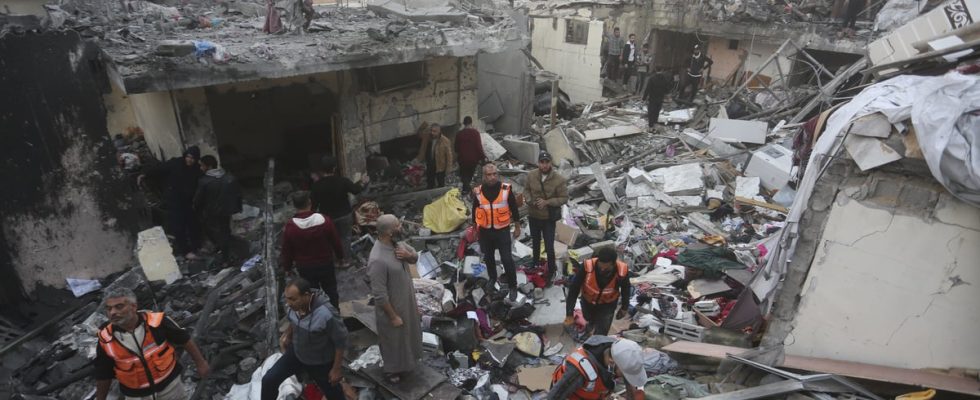“Sweden supports the resolution because it calls for an immediate humanitarian ceasefire, underlines the responsibility of all parties to protect civilians and enable humanitarian aid to reach Gaza,” writes the foreign minister Tobias Billström (M) in an email to TT.
The resolution was adopted by a vote of 153-10. 23 countries abstained.
Earlier this week, the US vetoed and voted against an immediate humanitarian ceasefire in the UN Security Council.
The United States is one of the countries that sharply criticized Tuesday’s resolution as well, which does not mention Hamas, branded as a terrorist, in a single word.
Nothing about Hamas
Ahead of Tuesday’s vote, America’s Linda Thomas-Greenfield called on all countries to also vote for two amendments, condemning Hamas’ “heinous terrorist attacks” and requiring the immediate release of all hostages the group is holding.
None of those amendments were voted through. The US and Israel are among the ten countries that then voted no to the resolution itself.
In the most recent vote at the end of October, when the General Assembly adopted a resolution on an immediate humanitarian ceasefire in Gaza, Sweden chose to cast its vote – a stance it has now changed. Together with the rest of the Nordic countries and a significant majority of the EU countries, Sweden voted yes.
Stands up for international law
“Sweden continues to support Israel’s right to defend itself against Hamas. It is important that the outside world continues to demand that the hostages be released immediately, something that Sweden clearly does,” writes Billström, and continues:
“Sweden stands up for international law and international humanitarian law. It is extremely important now that the international community takes its responsibility to protect civilians and enable humanitarian aid to reach civilians”.
With 153 votes in favor, according to the foreign minister, the UN General Assembly “clearly shows that it shoulders that responsibility, when the UN Security Council is unable to act”.
